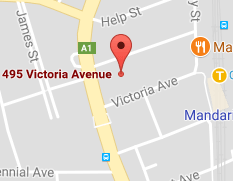
From 1 July 2018, GST applies to sales of low value imported goods (valued at $1,000 or less) to consumers in Australia. This measure attempts to treat such imported goods in the same way as goods purchased domestically.
Australian retailers need to be careful with this new law to ensure that they aren’t incorrectly charged GST by overseas suppliers. Overseas suppliers, if they have to register for GST, can get what is called a simplified GST registration. This means that they don't have to obtain an ABN and they can't claim input tax credits, but they don't have to issue a tax invoice to the Australian retailer they sell through. It’s only when they sell direct to an Australian customer that they need to charge and collect the GST.
The GST changes are meant to target consumers, so Australian retailers registered for GST should not be charged GST on low value goods imported for use in their business. To avoid any confusion, Australian retailers should therefore provide their ABN and state they are registered for GST to their overseas suppliers.
It's quite common for Australian retailers to warehouse stock in China, Singapore, or elsewhere in Asia, and then sell goods directly to a customer. These goods are generally mailed to customers through the post and previously no GST was added to the sales value. Australian suppliers who deliver goods to Australian consumers from overseas into Australia will now have to levy GST on each of those sales.
If you think this may be an issue for your business and are unsure of the new rules please contact your StewartBrown Partner or Manager to discuss further.



